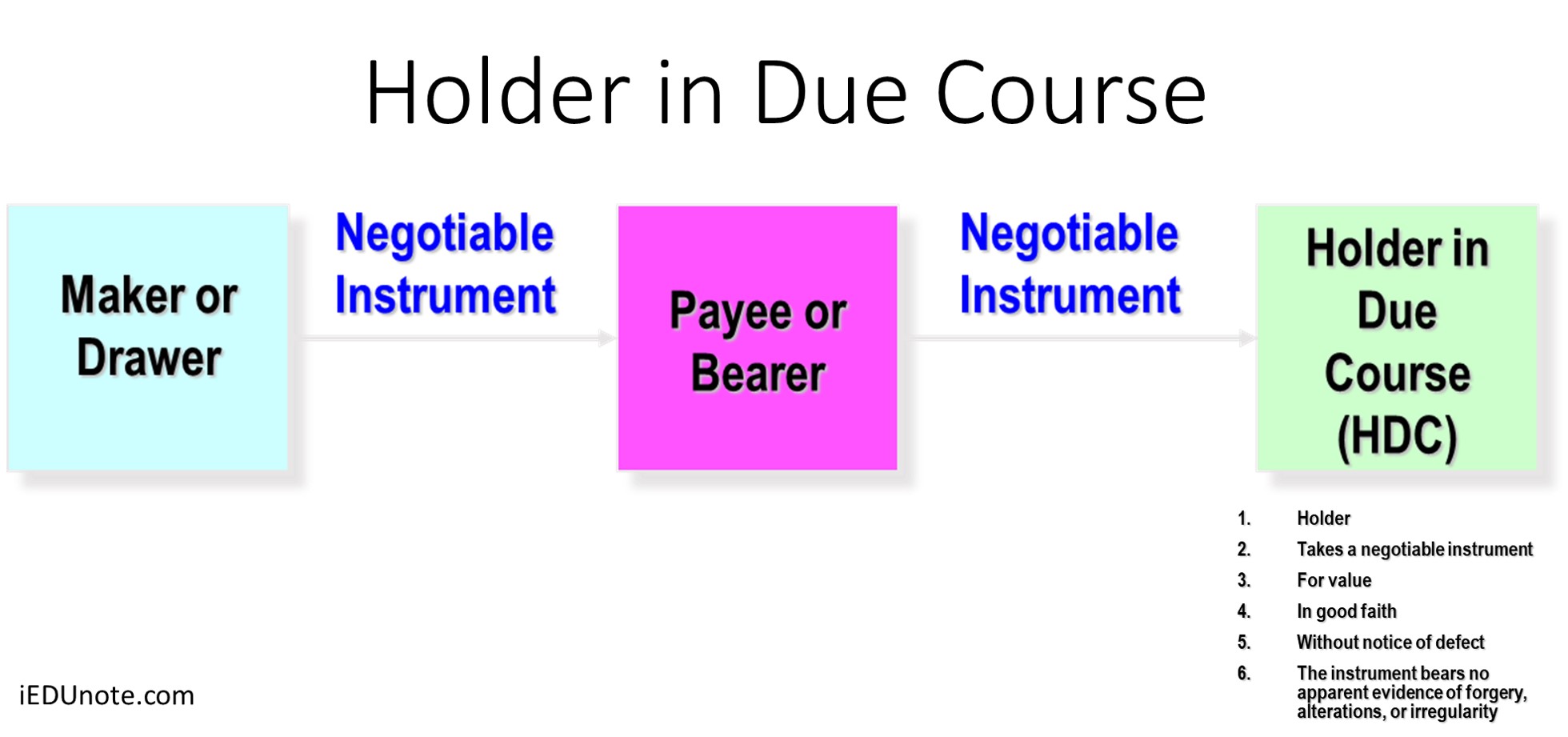The industrial life assurance business falls into a different category because of the different philosophies and legal implications.
Industrial life assurance has not yet entered the developing market, even though prospects are indeed very bright.
A time is sure to come when this market will also experience this type of business. It is felt that knowledge in this field is also required of the students, enabling them to be the architect of introducing this type of business into developing nations.
Subsequent discussions have taken the base of industrial life assurance as is being practiced in the United Kingdom.
History of Industrial Life

Industrial life insurance evolved because of necessity arising out of the socioeconomic effects of the Industrial Revolution of the 19th century.
Industrial Revolution gave birth to steam power and automation, leading to the industrialization of the country with its consequential overcrowding of the cities by laborers of lower income groups.
The future financial security of such a large group of meager means posed a socio-economic threat to them and, at the same time, became a matter of concern to the existing life assurers for finding a possible solution through life insurance.
While some life insurance protection was thought to be a probable moderate solution to the problem, the idea got disillusioned simply because of the apparent inability to arrange or pay (necessitating continuous and sustained savings) annual, half-yearly, or quarterly premiums at a time by such a group of meager income.
Realizing such difficulties, some more considerations had to be given on the issue from a more realistic viewpoint, ultimately evolving the present-day industrial life assurance as is being practiced in the United Kingdom.
The basis of Industrial Life Assurance
Industrial life assurance is based exactly on the same fundamental principles as are applicable to ordinary life assurance.
Sometimes minor modifications have been made in specific cases for specific reasons.
For example, insurable interest has been created up to £30 on the lives of parents, step-parents, and grand-parents for meeting funeral expenses under the authority of the Industrial Assurance and Friendly Societies Act, 1948 (as amended by the 1958 Act), which insurable interest does not exist in ordinary life assurance (see the chapter on insurable interest later).
The usual types of policies issued are not varied like ordinary life assurance and are mostly limited to whole life and Endowment assurances, even though Children’s Endowments are also occasionally issued.
The major portfolio, however, covers endowment assurances.
Basic Characteristics of Industrial Life Assurance
There are some basic peculiar characteristics of industrial life assurance that really identify such contracts as industrial life assurance contracts.
These are:
- Premium is required to be collected from the homes of the policyholders by the representatives of the insurers.
- Such collection of premiums has to be at more frequent intervals, usually weekly, fortnightly, or, at best, monthly.
- The average sum assured is very small in comparison to ordinary life business. Normally it varies from’ £50 to £100.
- The simple system and procedure of industrial life assurance bring life cover to those who, by reason of their circumstances, would not normally be interested in carrying life assurance cover.
- Policies may be affected the lives of parents, step-parents, and grandparents up to a limit of £30, whereas it is not possible under ordinary life assurance for a man to have a policy on the life of his parent, step-parent, and grandparent.
- It is acknowledged that policyholders will not exercise self-discipline in saving money towards payment of annual, half-yearly, or quarterly premiums. Hence, frequent collections are envisaged by calling at the homes of the policyholders.

![Types of Insurance Organizations [A Comprehensive Guide]](https://www.iedunote.com/img/259/types-insurance-organization-e1529504882393.png)